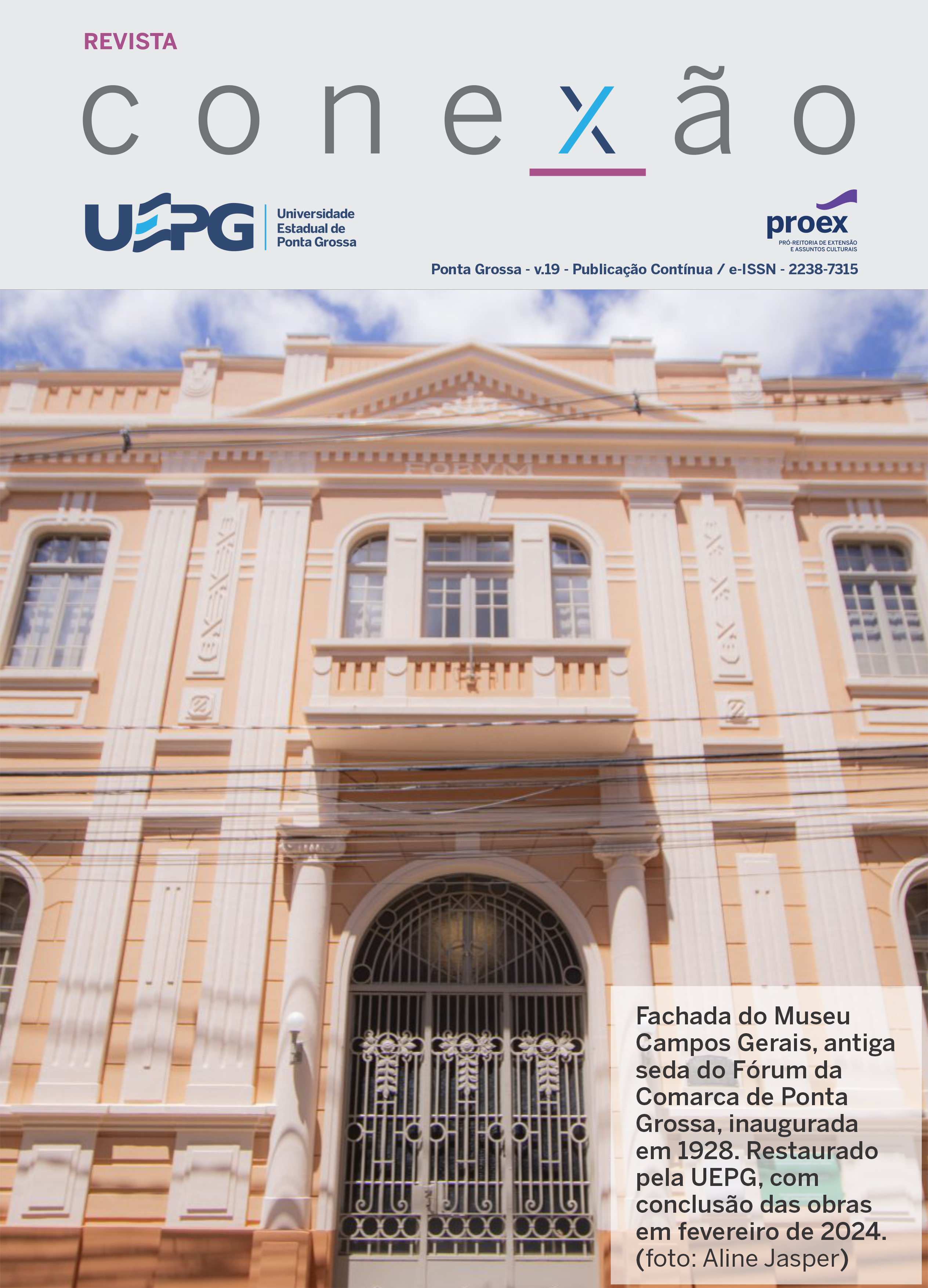DA UNIVERSIDADE À COMUNIDADE: ENSINO DO SISTEMA REPRODUTOR FEMININO COM MODELOS ANATÔMICOS MANUALMENTE CONFECCIONADOS
DOI:
https://doi.org/10.5212/Rev.Conexao.v.20.23807.049Abstract
Extension is one of the tripods of university education, working to strengthen the relationship between university and population. Seeking to promote such functionality, the extension project 'The empowerment of people who menstruate with a view to equality, access and hygiene management, with a positive impact on the environment' aims to bring knowledge to the residents of Casa de Nazaré on topics related to anatomy human health and sexual and reproductive health care. To this end, two anatomical models of the female genital organs (internal and external) were manually created, which were used in active methodologies, resulting in great participation from listeners and fixation of the themes involved. Considering that this type of methodology has been evaluated by researchers in the area as very positive in relation to learning retention and its practical applicability, it is concluded that scientific knowledge was efficiently disseminated to the external population, thus fulfilling the main objective of extension actions.
Downloads
Downloads
Published
Issue
Section
License

This work is licensed under a Creative Commons Attribution 4.0 International License.
a) Authors retain copyright and grant the journal right of first publication with the work simultaneously licensed under a Creative Commons Attribution License that allows others to share the work with an acknowledgement of the work's authorship and initial publication in this journal.
b) By submitting an article to the Revista Conexão UEPG and having it approved, the authors agree to assign, without compensation, the following rights to the Journal: the rights of first publication and the rights to redistribute the article and its metadata to the indexing and reference services that the editors deem appropriate.
c) Readers are free to transfer, print out and use the articles published in the Journal, as long as there is always explicit mention to the author(s) and to the Revista Conexão UEPG and as long as there is no alteration of the original work. Any other use of the texts needs to be approved by the author(s) and by the Journal.






